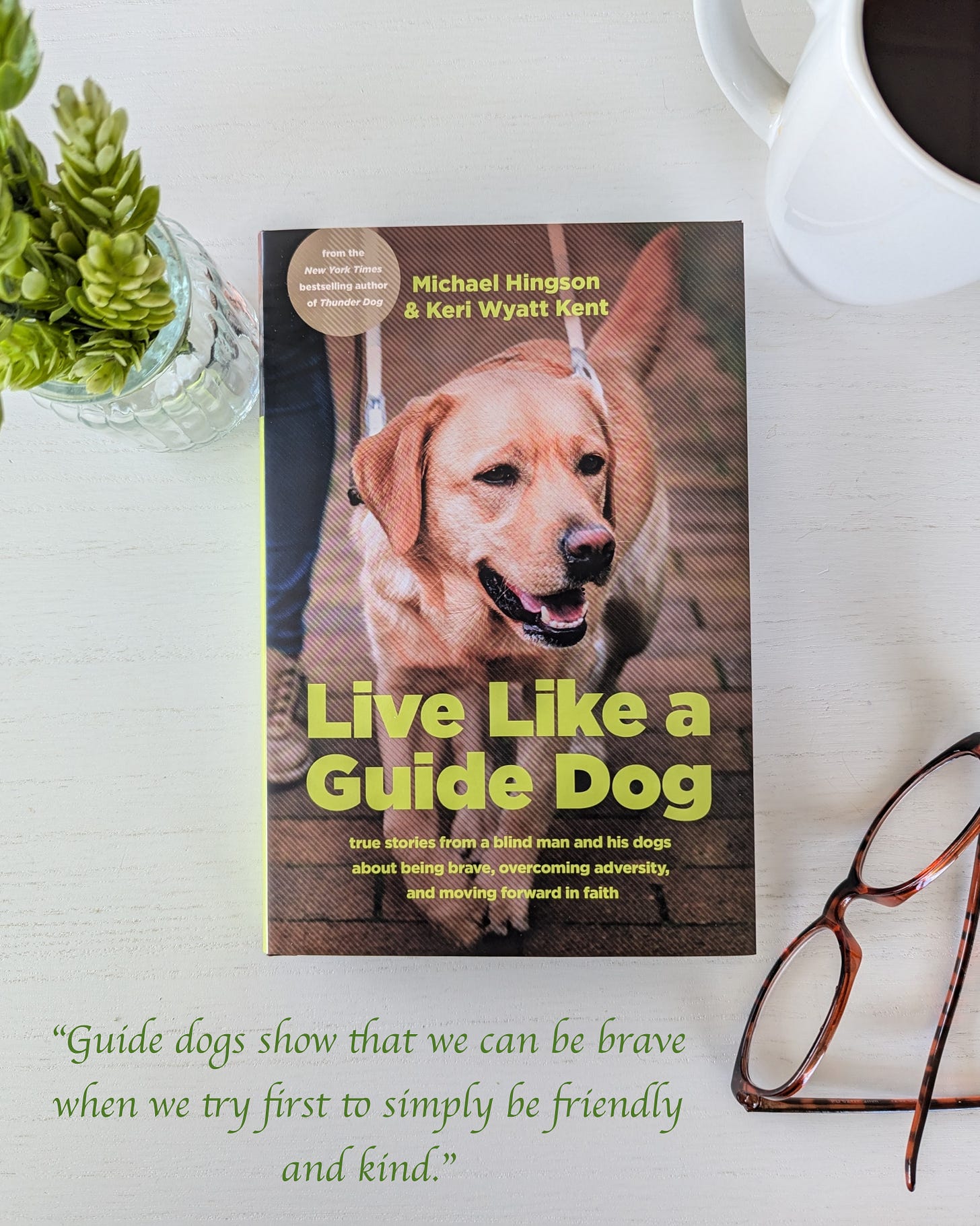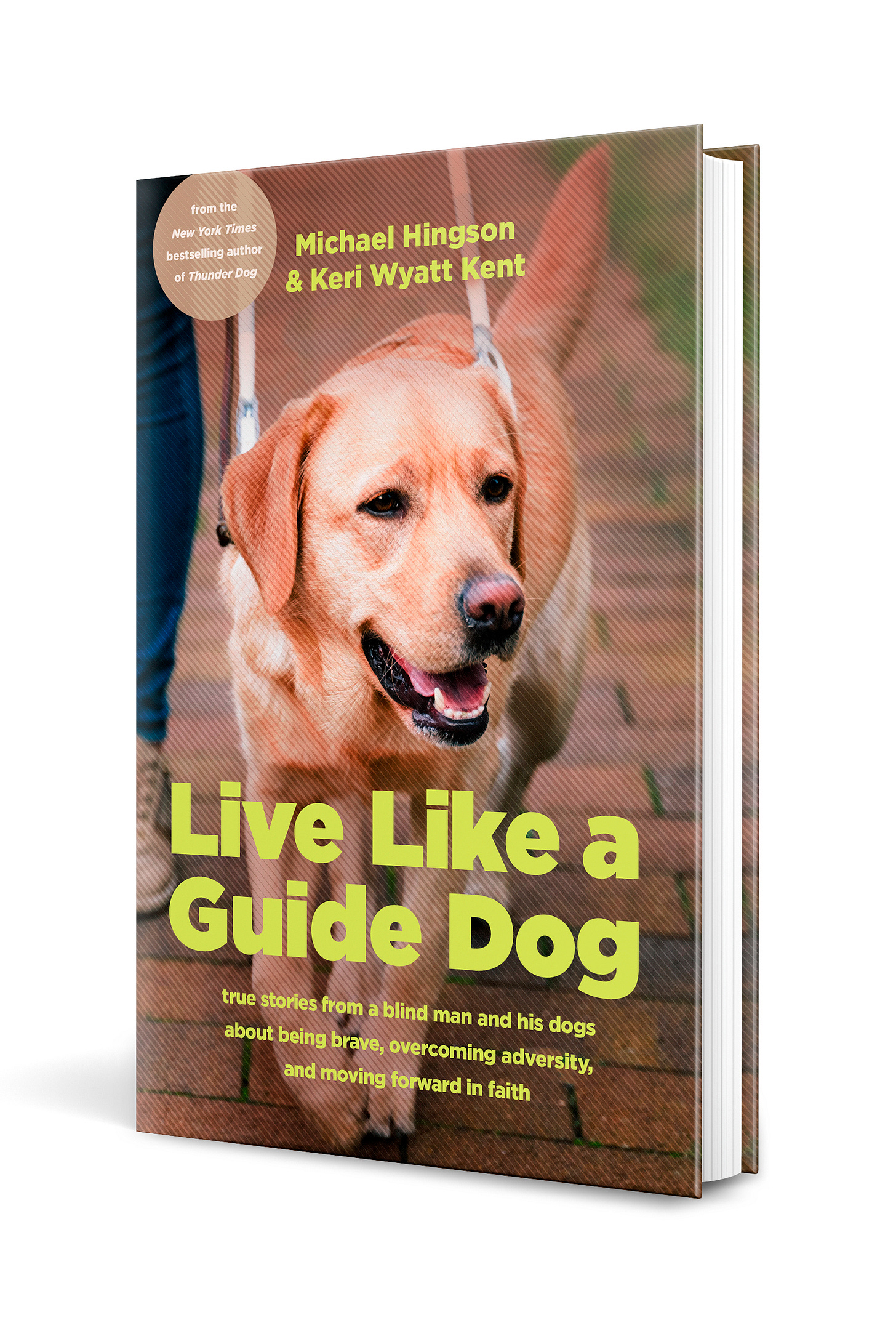When I talk to aspiring writers, they often sing a familiar refrain:
“I’ve always wanted to write a book.”
“I think God is calling me to write a book.”
or my favorite:
“God told me to write a book.”
And that desire is something to pay attention to. I’ve written or co-written more than two dozen books, so I’m a fan of that endeavor.
However, what many writers, or would-be writers, don’t realize, is that writing is one thing. Authoring a book and getting it published is another. But if you indeed do get your book published, the real work begins after the book is done. Being an author means being in business.
Writing for its own sake is a joy. I think anyone who wants to write should write. But writing is one thing. When you decide to seek publication, you have begun a different endeavor. One that requires learning about the publishing industry. You’ve embarked on the job of being an author. It’s a lot of work. And the work is not just the writing, though that is a part of it. You must also find your audience and connect with them—in other words, market your work. When you’re just starting out, this can feel daunting. Most of the authors who were singing start whining when they hear this news. “I don’t want to market!”
The job description for an author includes marketing their work. That begins before the book is even written, sometimes, and definitely before it is released. Whether you seek a traditional royalty publisher or self-publish, you still need to find your audience and connect with them. (Again, that’s what marketing is: finding your audience, connecting with them, and telling them about your product, which in this case is your book.)
Many writers believe a myth: they will write the most amazing book ever, and somehow, with no real effort on their part, it will be discovered. They won’t have to do a thing, everyone will line up at the door of their local bookstore to rush in and grab a copy.
Photo by Pixabay: https://www.pexels.com/
I’m so sorry, but that simply doesn’t happen—at least, to newbie authors it doesn’t. The way to sell books is to build a platform and join the conversation on whatever it is you want to write about first, before you write your book, or at least, before it is published (whether you self-publish or find a royalty publisher).
Before and after you publish, you need to find out where people are talking about your topic and get in front of them. Or at least, join the conversation.
Three simple book marketing essentials
Today I want to offer just three simple ways to market your book. Three essentials that should be part of your marketing strategy. These are a small slice of the marketing pie, but important. This short list are what I’d consider the most basic and essential pieces of book marketing.
Author website. The moment you decide to seek publication, writing becomes a business rather than just a hobby. And a business needs a website, where people can learn about you, connect with you. Whether you do a free site on platforms like Wix or Weebly, or hire someone to help you build a professional site, you need a place where folks can find you and interact with you (on a blog, which should be a prominent feature). I’ve written about author websites before in this space, read the whole post here.
Your author website should ask visitors to do something, and offer them something in return. Typically, you’re asking them to subscribe to your newsletter or blog, and they should get some kind of freebie as a thank you.
In order to get people to visit your website in the first place, you’ll need to tell them about it. Include a link to your site in your email signature. Post links to it on social media, and in your newsletter. Which brings me to newsletters.
Newsletter. A newsletter allows you to do a few things at once: practice writing short pieces on a regular basis, connect with your audience, and get feedback on your writing. Direct email marketing is the most effective way to reach people, because you’re not relying on algorithms or scrolling.
You’re reading one of my two Substack newsletters. I show up pretty consistently in your inbox, which means you don’t have to scroll through your Instagram feed to find me. I like Substack because it’s free, and readers can comment, which allows you to chat with them and build connection (my very favorite part of the newsletter thing). Your newsletter should align with whatever it is you’re writing about or building. This newsletter provides a space for me to encourage writers, offer them helpful advice, and also, to build my writing, editing, and publishing business. I’m connecting with you, my audience. If you want to hang out and get free tips and chat, that’s cool. If you need an editor, collaborative writer, or assistance with self-publishing, I’m here for you for that. (I’m currently offering my subscribers a free half hour consult for writers seeking publication, contact me here if that would be helpful.)
Social media. This one’s tricky. Yes, you can and should include social media in your marketing plan. And yes, you should have a plan. It should integrate with your other marketing efforts. You can post memes (like the one below), or more elaborate and artsy Instagram posts.
You can set up a Facebook group and invite readers interested in your topic to join. You can post videos talking about your book, as I did here on Instagram recently. You should definitely share your newsletters on social media. Figure out a way not just to “announce” but also to interact—respond to comments, share other people’s content, be a positive presence (which is not easy, I know!)
Publishers often look at a potential author’s social media reach as part of their decision on a book. But it's tricky because likes and followers don’t necessarily translate to book sales. But they can move the needle a bit. You can buy Facebook or amazon ads to promote your book once it is out. Those tend to get more traction, but they cost money. You can decide how much time and money you want to invest.
Be a learner
These three basics are just that, basics. There’s plenty of other ways to market your books, which means there’s plenty of ways to feel overwhelmed and to spend far too much time. Make a plan: what you’ll do, and how much time you’ll spend doing it. Approach marketing and writing with curiosity and openness. You don’t have to be an expert. Instead, be a learner. Seek to connect with your audience, share your message. It’s the whole reason you’re writing in the first place, right?
P.S. Please leave a comment below with your questions or insights. If you’re a writer marketing your work, what do you recommend?
P.P.S. I of course can’t send you a newsletter about marketing without doing a little demo. Have you purchased your copy of Live Like a Guide Dog yet? It offers strategies for turning your fear into courage, and who doesn’t need that these days? It’s available from booksellers everywhere, or click here to get it from amazon.







Great title for the guide dog book! I actually read this post and clipped a few notes to remember (email is a tsunami lately). Like Sherry Chidwick, my website is a blog and place holder. One of my main "in person" places to connect with potential readers it is mostly not allowed, or if I do mention in passing, it's disregarded. So, your tip to find readers online and a way to connect is worth pondering. Self-promotion phobic and all things tech phobic here. Focused at the moment on writing (and this week, feeling good about the progress). :-) Substack is Greek. But it appears to hold promise and potential?
I used to have a website under just my name. I used it to publish my blog posts and kept it as a placeholder for when I finally had a book available for purchase (several in the works). But I let it lapse when my husband and I began to focus more on our story as a couple, our Nomadic MidLife. Now all our socials and our website are under that name--Nomadic MidLife--instead. The only outlier is my Substack, under my own name since my husband doesn't do any of the writing. I am feeling a little awkward with this arrangement, as I always have to specify the difference. Assuming you can make sense of my rambling, do you have any tips for me?